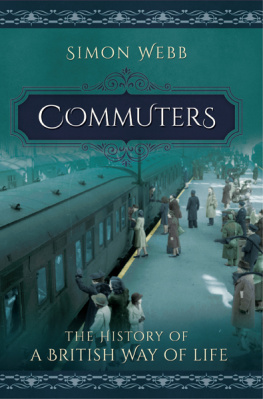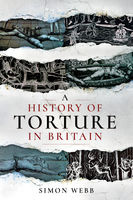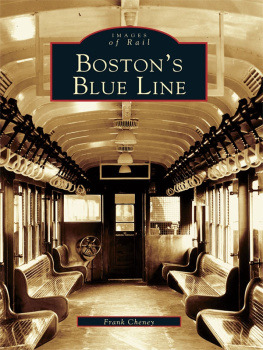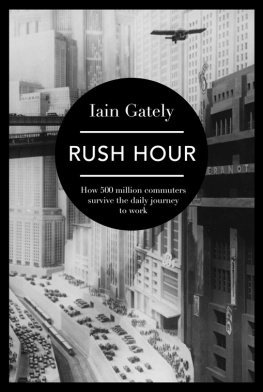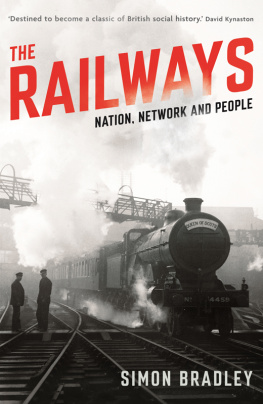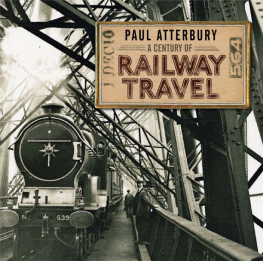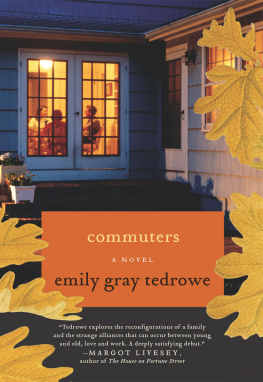
First published in Great Britain in 2016 by
Pen & Sword History
an imprint of
Pen & Sword Books Ltd
47 Church Street
Barnsley
South Yorkshire
S70 2AS
Copyright (c) Simon Webb 2016
ISBN: 978 1 47386 290 6
PDF ISBN: 978 1 47386 293 7
EPUB ISBN: 978 1 47386 292 0
PRC ISBN: 978 1 47386 291 3
The right of Simon Webb to be identified as the Author of this Work has been asserted by him in accordance with the Copyright, Designs and Patents Act 1988.
A CIP catalogue record for this book is available from the British Library
All rights reserved. No part of this book may be reproduced or transmitted in any form or by any means, electronic or mechanical including photocopying, recording or by any information storage and retrieval system, without permission from the Publisher in writing.
Typeset in Ehrhardt by
Replika Press Pvt Ltd, India
Printed and bound in England
By CPI Group (UK) Ltd, Croydon, CR0 4YY
Pen & Sword Books Ltd incorporates the imprints of Pen & Sword Archaeology, Atlas, Aviation, Battleground, Discovery, Family History, History, Maritime, Military, Naval, Politics, Railways, Select, Social History, Transport, True Crime, and Claymore Press, Frontline Books, Leo Cooper, Praetorian Press, Remember When, Seaforth Publishing and Wharncliffe.
For a complete list of Pen & Sword titles please contact
PEN & SWORD BOOKS LIMITED
47 Church Street, (Barnsley: South Yorkshire, S70 2AS, England
E-mail:
Website: www.pen-and-sword.co.uk
Contents
List of Plates
Introduction
I t is a way of life familiar to us all, if not from personal experience, then from television, books, films and newspapers. The rushed and frequently uncomfortable journey to work in the morning, undertaken on crowded trains or along gridlocked roads, followed by a similar ordeal when returning home at the end of the day. The daily grind of delays on the Tube, running to catch that vital train to the City or desperately seeking a parking space near the railway station or office. This then is all too often the typical lot and routine life of the British commuter. It is not today considered a particularly enviable or desirable lifestyle, certainly not one to which many people aspire. A large number of those caught up in it dream of the day that they can abandon what is sometimes called the rat race for a calmer and less hectic existence. Little wonder that television comedies in the 1970s such as The Good Life and The Fall and Rise of Reginald Perrin enjoyed such popularity among commuters. This was Freudian wish fulfilment with a vengeance!
It is only relatively recently that people have regarded commuting as something from which they might wish to break free or escape. At one time, being a commuter was widely regarded as a worthy ambition. It was a respectable, stable and secure existence, with the prospect of owning a house in the suburbs and being able to tend a garden at the weekend. During the late nineteenth century, this comfortable way of life was, for many, the path to fulfilling their dreams. Even as late as the 1920s and 1930s, the suburban life of the commuter was held up as an admirable existence, one after which any right-thinking person might be expected to hanker. The Metropolitan Railway touted the dream of being a commuter between the wars, with a series of posters and booklets which have today more than a touch of bathos about them. One poster, advertising the supposed joys of what was known as Metro-land, depicted a bleak, monochrome streetscape. Below it was a rural scene of cottages and trees. Above the grim, serried ranks of city houses was the caption, Leave this, leading the eye down to the trees and grass. The slogan here was, Move to Edgware. This poster may be seen in Illustration 1.
It is easy to laugh today at the notion that one might find fulfilment in moving to a London suburb such as Edgware, but at that time the idea of getting a house in the suburbs and being able to commute via the Underground to a job in the City really was an attractive one for many people. The poster described above, featured a few lines of prose by the seventeenth-century poet and essayist, Abraham Cowley: I never had any other desire so strong and so like to covetousness as that one which I have had always, that I might be Master of a small House and a Large garden, with moderate conveniences joined to them. This, in a nutshell, summed up the dream that was being sold; that one might have a house and garden of ones own in a semi-rural location. That this idyll was being promoted by the Metropolitan Railway, meant by implication that part of the life being offered would entail regular journeys to work on the Underground. Edgware was essentially a commuters paradise.
In the years following the end of the Second World War, the perception of living in the suburbs and commuting gradually changed. Instead of something to aim for, it became for many people something to be mocked and derided; a straitjacket, rather than a comfortable and reassuring life of routine and certainty. The commuter began to be seen as a little ridiculous; a stuffy and conventional figure, whose life was humdrum and dull. From the 1950s onwards, the archetypal commuter, with his pinstripe suit, bowler hat, tightly-furled umbrella and copy of The Times under his arm became a stock comic character on television and in cartoons. He represented the past, and not in a good way. In 1966, a satirical television programme, The Frost Report, showed a sketch which poked fun at the British class system. It featured Ronnie Corbett as a working-class man, wearing a cloth cap and muffler, Ronnie Barker as a middle-class individual in a trilby and John Cleese as an upper-class commuter, with the traditional bowler hat and umbrella. A few years later, Monty Pythons Flying Circus, a ground-breaking comedy show, turned the bowler-hatted commuter into a comic stereotype. The programme also poked fun at suburban locations such as Surbiton and Purley. While this was going on on television, the magazine Private Eye was presenting the suburb of Neasden, in the heart of Metro-land, as another location full of commuters and deserving to be sneered at.
The typical view of commuters was that they were harried office workers, perpetually anxious about missing the train which will take them into town, men and women defined chiefly by their pattern of work. Not many people have seen the commuter as a significant figure in Britains history; they are traditionally regarded more as extras. This is odd, because the contribution that commuting and commuters have made to British culture is immense, although it is has now been almost wholly forgotten. It is no exaggeration to say that in many ways, commuting has fashioned this country and, for good or ill, made it what it now is. One or two examples will make this clearer.
When Charles Darwin published On the Origin of Species in 1859, it caused an uproar, being widely denounced as blasphemous and irreligious. The books general acceptance over the next few decades was greatly accelerated by the construction of railways and the building of suburbs for those who would be commuting by railway, both of which provided strong evidence for the veracity of Darwins claims. It might even be said that the practice of commuting was indirectly instrumental in promoting the approval of Darwins radical ideas. This ties in neatly with another instance of the way in which commuting has changed the intellectual life of the nation out of all recognition. In the early nineteenth century, books were an unaffordable luxury for all but the wealthiest men and women in Britain. Within a few decades, countless working-class men and women were not only buying books of their own or borrowing them from railway lending libraries, but had also acquired the leisure to read them for an hour or two each day. The consequences of this change in habits was momentous, leading to labourers educating themselves by reading Daniel Defoe, Charles Darwin and Karl Marx as they travelled to work each day. This too was a result of the increasing habit of commuting.
Next page
